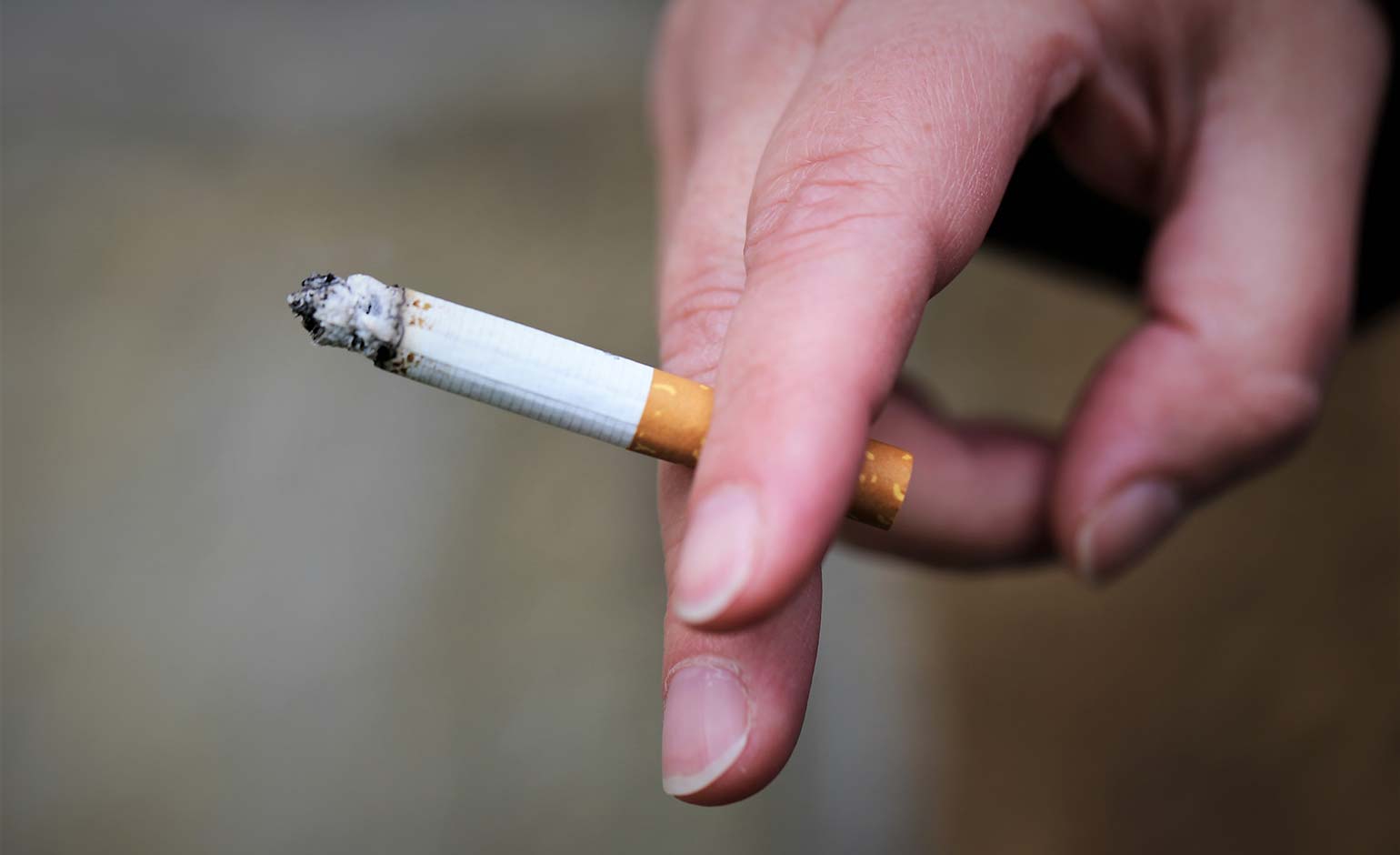Analysis of national data has shown that each year in Bath and North East Somerset, more than 3,500 households are living in poverty when spending on tobacco is taken into account.

The figures include 6,819 adults below pension age, 1,248 pension age adults and around 3,226 dependent children.
Analysis of national data commissioned by charity Action on Smoking and Health (ASH) found that the proportion of smokers living in poverty is 30.3% in the South West.
The new breakdown shows that in England as a whole, 31% of households containing smokers live in poverty once spending on smoking is accounted for, whereas in the South West it is 30.3%.
The link between smoking and disadvantage is well established, but this new analysis highlights how the impact of smoking on local communities is compounded in regions where household incomes are also lower.
Households where people smoke are poorer because of an addiction that usually started in childhood. Two-thirds of adult smokers started before they reached 18 and most of them go on to become regular adult smokers.
Smoking is highly addictive and on average it takes thirty attempts before a smoker successfully stops for good.
People living with social and economic hardship tend to be more addicted, and find it harder to quit, although they try just as often.
The findings also showed:
- The average smoker is spending just under £2,000 a year on tobacco, costing England smokers a total of £12 billion annually.
- Smokers’ employment chances and average earnings are also damaged by smoking, creating further hardship for people, especially those who have to give up working due to smoking-related ill health.
- In Bath and North East Somerset, 877 people are economically inactive due to smoking and smokers earn 6.8% less than non-smokers.
- Current smokers are 2.5 times more likely to require social care support at home and need care on average 10 years earlier than non-smokers, accounting for 8% of local authority spending on adult social care.
Councillor Dine Romero, cabinet member for Children, Young People, Communities and Culture, said: “In Bath and North East Somerset there is a gap in life expectancy for men of 6.8 years and 3.0 years for women, between the most and least deprived areas (2017-2019).
“Tobacco is still the largest preventable cause of these differences. The inequalities in health that have been exposed during the Covid-19 pandemic show how health problems are not shared equally across society.
“We know that most smokers regret having started smoking and would like to quit. Our advice is ‘never give up giving up’ as it takes many attempts to successfully quit.”
Becky Reynolds, Director of Public Health and Prevention, added: “Although rates of smoking have fallen, 13% of adults or 20,484 people were smoking in B&NES in 2019.
“Smoking is estimated to kill 160 people in Bath and North East Somerset every year, and accounts for 781 years of life lost annually.
“Stopping smoking is one of the best things you will ever do for your health. Many people try to quit smoking with willpower alone, but the evidence shows that you are at least three times more likely to quit successfully if you get some help.
“Our specialist smoking services are here to help anyone wanting advice on the most effective ways to quit, be it vaping, nicotine replacement therapy such as patches, gum and mouth sprays or medication.
“Contact our B&NES Wellbeing Advisors for a chat today on 0300 247 0050 (Freephone) or download the free NHS quit smoking app (https://www.nhs.uk/better-health/quit-smoking/).”
Deborah Arnott, Chief Executive of Action on Smoking and Health, said: “Smoking is the single largest driver of health inequalities in England and it is shocking that it’s contributing to more than two million adults living in poverty, concentrated in the most disadvantaged regions in the country.
“Behind every statistic is a human being. A real person, threatened by the debilitating health effects of smoking, and significantly poorer because of an addiction that started in childhood.
“We look forward to the forthcoming Tobacco Control Plan to achieve the Government’s smokefree 2030 ambition, an ambition which is vital to delivering the Government’s manifesto commitments to increase healthy life expectancy, reduce inequalities and level up society.”



